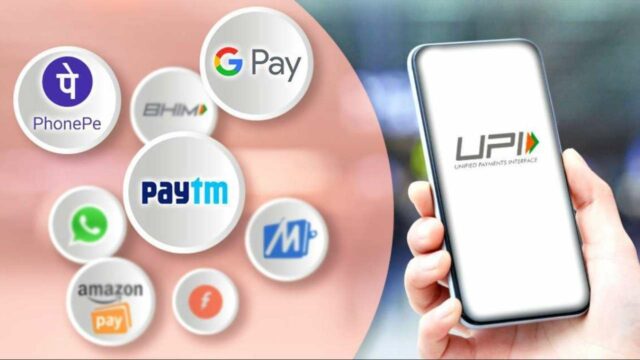From Cash to UPI: Redefining India’s Payment Landscape
India has embraced the digital era with open arms, and one of the most promising outcomes of this journey is UPI, have an insightful read!
India has embraced the digital era with open arms, and one of the most promising outcomes of this journey is the Unified Payment Interface (UPI). The UPI has been in operation for almost seven years, and it has significantly reduced the worry of not having enough cash or an ATM nearby. This has played a significant role in boosting the fin-tech ecosystem in India.
The number of daily transactions via UPI has increased from 24 crore in February 2022 to 36 crore now, with one billion expected in the next three years. UPI’s journey began in Mumbai in April 2016, when then-RBI governor Raghuram Rajan launched a pilot programme. The Bharat Interface for Money (BHIM) was launched in December, allowing for simple and quick payment transactions via UPI.
Today, the majority of Indians are using UPI for everything from ordering food to paying bills. Zero merchant discount rate (MDR) and cashbacks offered by third-party players are the primary drivers of UPI payment adoption. But before UPI changed payment methods, it faced criticism and it’s questioned why certain transactions needed to be recorded. However, this argument makes no sense, as updated bank passbooks and bank statements feature similar transaction details.
Some were also concerned about how a local farmer or uneducated vendor would use digital payment methods, as well as how long it would take for everyone to benefit equally from UPI. However, experts from a variety of fields have stated that Indians are quick to adopt new technologies. This was evident during the Covid-19 pandemic, when the country saw a rapid adoption of UPI.
UPI has played a significant role in transforming India’s payment landscape. Its success can be attributed to the convenience it provides, as well as the country’s rapid adoption of technology.
